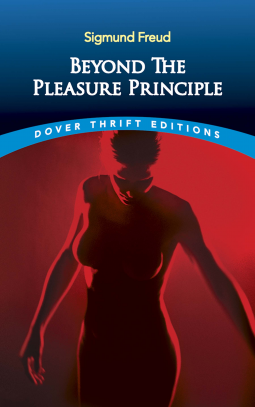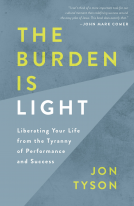
Beyond the Pleasure Principle
by Sigmund Freud
This title was previously available on NetGalley and is now archived.
Buy on Amazon
Buy on BN.com
Buy on Bookshop.org
*This page contains affiliate links, so we may earn a small commission when you make a purchase through links on our site at no additional cost to you.
Send NetGalley books directly to your Kindle or Kindle app
1
To read on a Kindle or Kindle app, please add kindle@netgalley.com as an approved email address to receive files in your Amazon account. Click here for step-by-step instructions.
2
Also find your Kindle email address within your Amazon account, and enter it here.
Pub Date Feb 18 2015 | Archive Date Jun 15 2015
Description
This controversial 1920 publication marks a turning point in the celebrated philosopher's theoretical approach. Previously, Freud considered most behavior attributable to sexual impulses. In this volume, he expands his theory beyond these creative impulses to discuss the impact on human psychology of the death drive, or "Thanatos," which he defines as "an urge inherent in all organic life to restore an earlier state of things."
Beyond the Pleasure Principle is among Freud's most intensely debated works, and the important questions that it raises continue to be widely debated a century later. Rejected by some as a pseudo-biological speculation, the concept of Thanatos was embraced by others and formed a path to subsequent theories concerning the mind's attacks on itself, negative narcissism, and addiction to near-death experiences. The concept also helped link Western psychoanalysis with Eastern perspectives on life and death, making this book essential reading for students of psychology, history, and literature.
Beyond the Pleasure Principle is among Freud's most intensely debated works, and the important questions that it raises continue to be widely debated a century later. Rejected by some as a pseudo-biological speculation, the concept of Thanatos was embraced by others and formed a path to subsequent theories concerning the mind's attacks on itself, negative narcissism, and addiction to near-death experiences. The concept also helped link Western psychoanalysis with Eastern perspectives on life and death, making this book essential reading for students of psychology, history, and literature.
Available Editions
| EDITION | Paperback |
| ISBN | 9780486790305 |
| PRICE | $2.50 (USD) |









